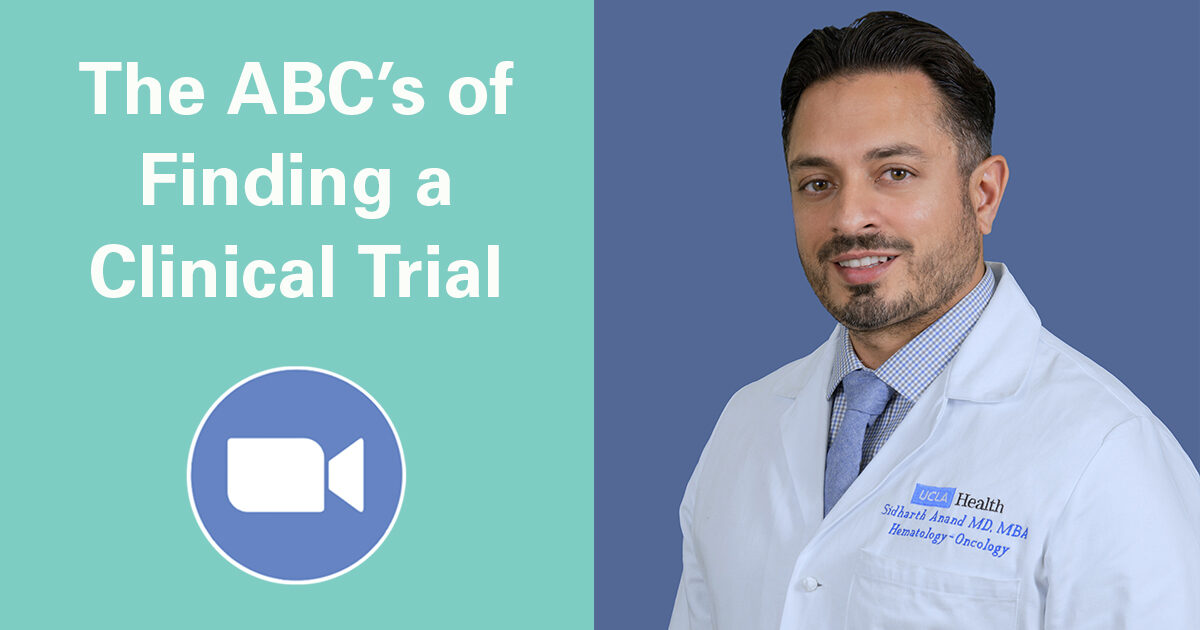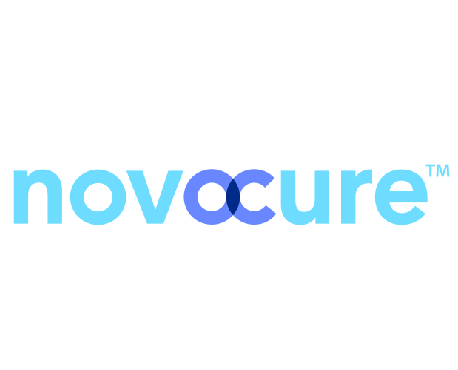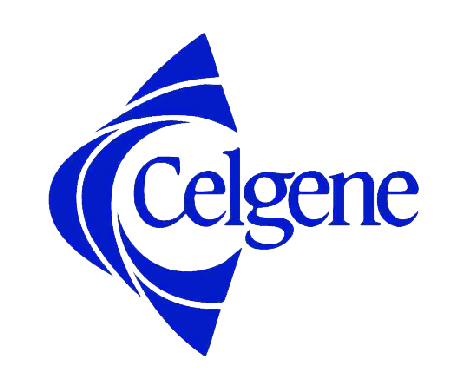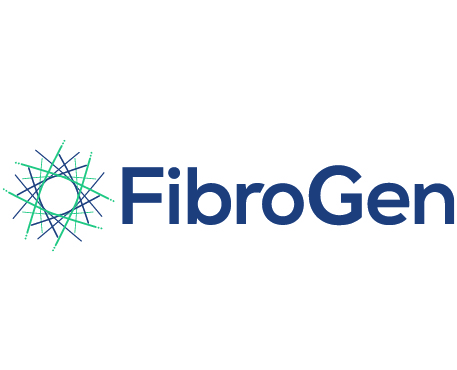Clinical trials are scientific studies conducted to find better ways to prevent, screen for, diagnose, or treat disease. Clinical trials are used to study which medical approaches work best for certain illnesses or groups of people, with the goal to determine if a new treatment is safe and effective, often with new medicines or protocols that the FDA has not yet approved. Clinical trials produce high-quality data for healthcare decision making, such as new ways to administer treatments, different doses, or using an approved drug on a different type of cancer. Clinical trials are a step in the long, careful research process, which may take many years.
It is up to the patient and their family to decide whether a clinical trial is the correct treatment option. There are hundreds of clinical trials happening across the globe as research institutions work towards improving treatment and finding a cure for cancer. If you’ve ever spent time researching clinical trials for you or a loved one diagnosed with pancreatic cancer, you know how challenging it can be. Although there are websites that share trial information with the list of qualifying criteria, it can still be quite daunting.
To help navigate the world of clinical trials, we asked Dr. Sidharth Anand, a medical oncologist and hematologist with UCLA, to share how to find a clinical trial and when it might be a prudent treatment option. Dr. Anand explains the phases of clinical trials as well as the various types of trials available, including randomized trials, double or single blind trials and single arm clinical trials. He discusses when to consider clinical trials as a sensible treatment option and how to maneuver the clinical trial database to be enrolled in a trial that will work for you or your loved one. Dr. Anand shared updates on current and hopeful pancreatic cancer clinical trials.
Dr. Sidharth Anand is a medical oncologist and hematologist who practices in Santa Monica and Westlake Village. He is a generalist with a specialized interest in gastrointestinal cancers, including pancreatic. He also has an interest in the application of integrative oncology, which means approaching cancer care with traditional therapies, such as chemotherapy and immunotherapy, along with evidence-based integrative methods, including nutrition and exercise.
He received his medical degree from the USC Keck School of Medicine. Prior to that, he earned his MBA from Harvard Business School. He received his BA in Molecular Biology and a BS in Business Administration from UC Berkeley. Dr. Anand completed his internal medicine internship and residency at Cedars-Sinai Medical Center, where he was chief resident. He completed his hematology-oncology fellowship at UCLA. He is interested in technologies to help deliver higher quality care and access to clinical trials for patients.





